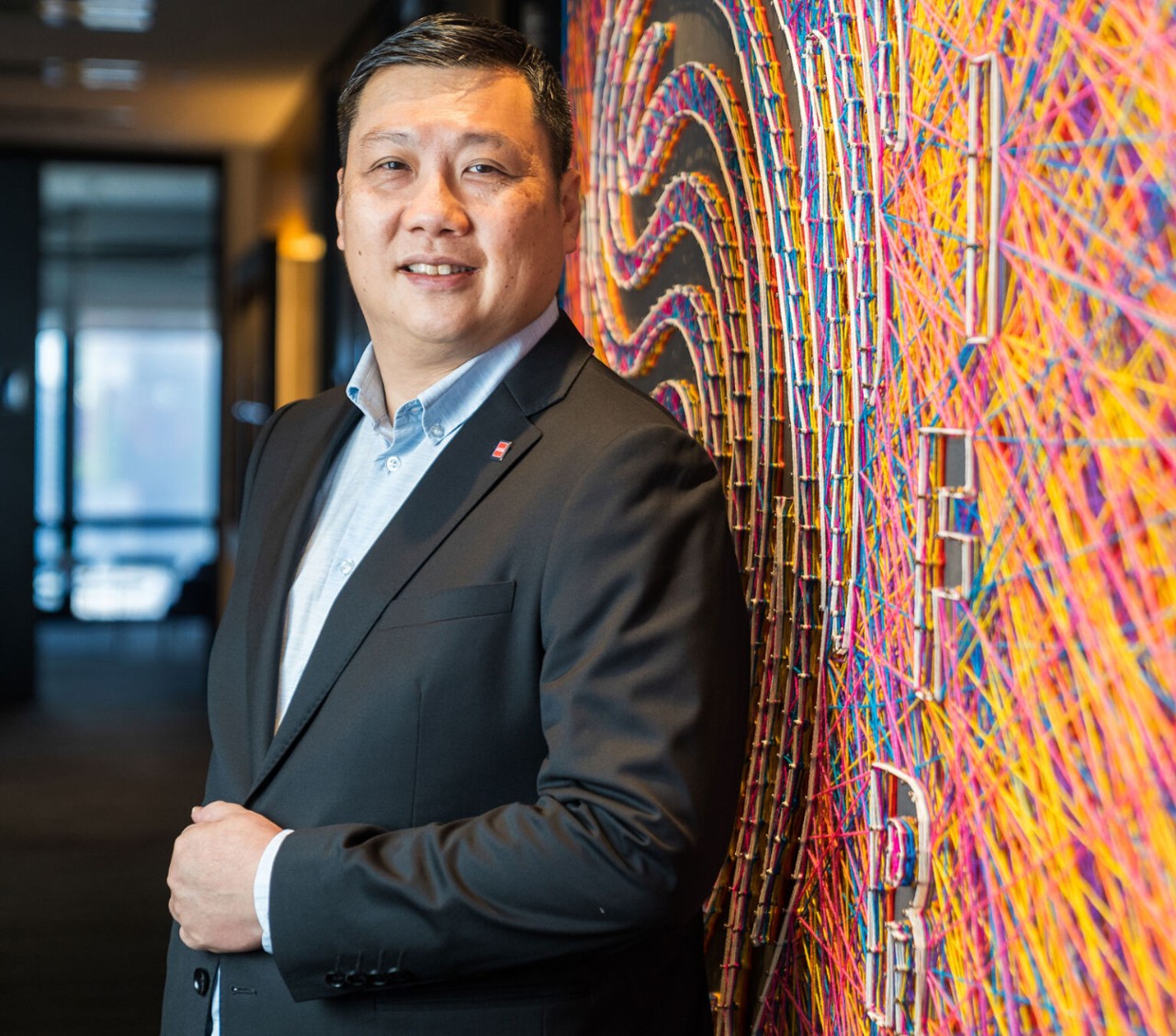
The role of accountancy firms is changing. As Asia faces a major demographic shift with nearly a quarter of its population forecast to be over 60 by 2050, firms are branching out beyond their traditional number-crunching services. More and more, they are helping business owners and wealthy individuals plan for retirement.
The timing is critical. A recent Sun Life Asia survey shows people are moving away from relying on government pensions or family support, preferring to secure their own financial future instead. However, most are ill prepared to do so. Almost 60% wait until the last five years before retirement to start their financial planning for it, while 14% don’t make any plans at all.
Retirement plans should go hand in hand with business succession plans
Aidan Khoo FCCA, director of management consulting at Forvis Mazars in Singapore, says retirement planning has become a pressing issue for owners of privately owned businesses and small and medium enterprises (SMEs). ‘For many business owners, their enterprise represents not just a livelihood but also their primary retirement asset,’ he points out.
David Broom, chief client and distribution officer at Sun Life Asia, says: ‘Many people struggle to navigate their financial choices effectively due to the complex financial landscape, often lacking the time, interest or financial literacy required.’
Firms step up
Accountancy firms are stepping up to fill that crucial gap in retirement planning, putting their financial know-how to work in new ways.
Take Forvis Mazars. The firm is running workshops, seminars and one-to-one consultations for business owners, looking at the whole picture from business strategy to tax planning and retirement savings. Meanwhile, Deloitte is helping financial services companies create specialised wealth management programmes for their high-net-worth clients.
Business owners need a holistic approach, and their retirement plans should go hand in hand with their business succession plans, says Khoo. ‘Accounting specialists bring a unique blend of technical expertise and strategic insight to retirement planning. Our wide expertise allows us to assess the full financial picture and identify opportunities and risks that may impact retirement outcomes.’
He sees accountants playing a bigger role in financial education across jurisdictions such as mainland China and Hong Kong SAR over the next 10 years. ‘The growing number of ageing business owners, coupled with evolving regulatory policies, highlights the need for integrated financial and business planning,’ he says, adding that ‘starting early’ is key for safeguarding both their retirement and their company’s future.
‘Early planning and disciplined saving are crucial’
A solid plan might include getting the family business properly valued, restructuring finances to make the company more attractive for a potential sale, and setting up trusts to pass wealth smoothly to the next generation. ‘This process will not only secure the owner’s financial future, but also ensure that the business remains a valuable asset for the family,’ Khoo explains.
The picture gets more complex for ultra-wealthy families, says Kenneth Peh FCCA, a tax adviser for high-net-worth individuals at Deloitte in Hong Kong. With family members scattered across different countries and assets spread worldwide, these clients worry about more than just having enough funds for retirement – they also want to protect their wealth from heavy taxation.
‘There is a growing demand among clients for comprehensive financial advice that encompasses cross-border tax efficiency, diversified investment strategies, retirement planning, succession planning, and the related tools and structures available,’ Peh says.
Start early
Given today’s uncertain economy, planning for retirement needs to start much earlier in people’s careers, according to Joanna Wong, Deloitte China’s insurance leader. ‘Our goal is to provide accessible and relevant financial education and planning tools that empower customers to secure their financial futures,’ she says. ‘To effectively engage customers across various ages and backgrounds, we must leverage diverse strategies and digital channels tailored to their needs.’
Broom says there is still a common misconception that retirement planning is just for older adults. ‘While financial security is recognised as essential for a fulfilling retirement, many remain unprepared for the realities ahead,’ he says. ‘Early planning and disciplined saving are crucial for approaching retirement with confidence.’
According to the Sun Life Asia survey, only 29% of people plan more than six years ahead, but there is a silver lining in that younger people seem more tuned in to future challenges and are adjusting their plans accordingly.
‘Regionally, people who are currently working anticipate retiring at an average age of 64 – five years later than the current average age in Asia,’ Broom says. The reasons for this vary: 43% of respondents pointed to rising living costs, 61% said they needed to save more, and nearly half (49%) wanted to stay active in their later years.
‘We can empower individuals to make informed decisions’
Pay-off
Starting early with retirement savings is crucial because of the benefits of compound interest over time, according to Broom. ‘In times of inflation, it may be tempting to cut back on retirement contributions to manage rising living costs. However, this approach can jeopardise long-term financial security, particularly for younger generations who have many years until retirement.’
Broom sees financial institutions as key players in preparing ageing societies for the future. Through smart technology and customised investment tools, they can boost financial literacy and create lasting changes in how people handle money. ‘By raising awareness around financial planning, we can empower individuals to make informed decisions that support their long-term financial well-being,’ he says.
More information
Visit ACCA’s dedicated SMP hub where you’ll find information and resources for practitioners.


